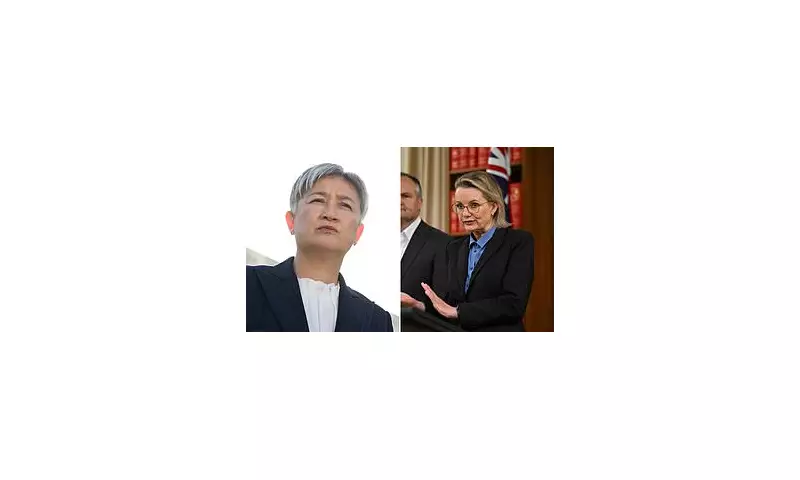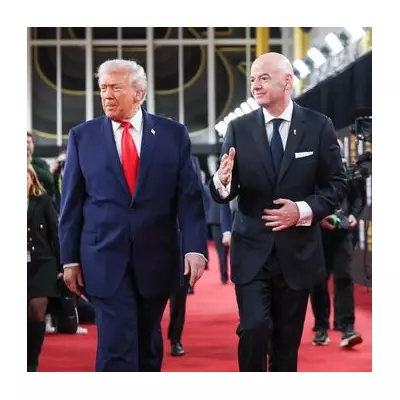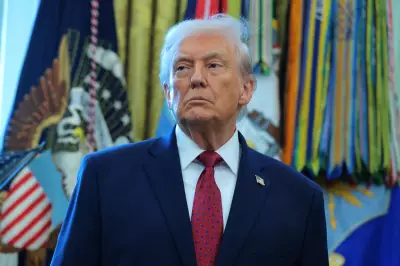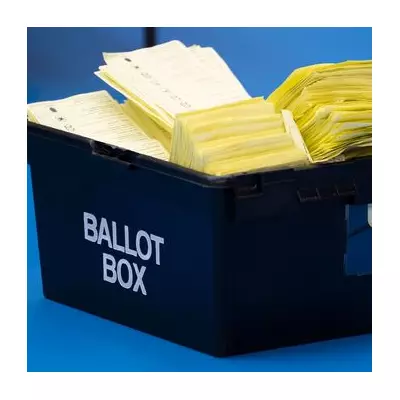
A significant political rift has opened in Canberra following a dramatic confrontation between Foreign Minister Penny Wong and Deputy Liberal Leader Sussan Ley. The dispute centres on Australia's stance towards a Middle East peace plan championed by former US President Donald Trump and escalates into serious allegations of national security breaches.
The Core of the Controversy
According to reports, the conflict ignited when Ms Ley publicly criticised the Albanese government's approach to international diplomacy, specifically targeting its position on the Abraham Accords. These accords, a key foreign policy achievement of the Trump administration, normalised relations between Israel and several Arab nations.
In a robust response, Senator Wong accused her political opponent of engaging in "dangerous political games" that could compromise Australia's strategic interests. The Foreign Minister emphasised the government's commitment to a two-state solution, a long-standing bipartisan position that she claims is being undermined by partisan attacks.
Allegations of 'Betrayal' and Security Risks
The confrontation took a more serious turn with allegations emerging from unnamed government sources. These sources suggest that discussions regarding the peace plan extended beyond typical political debate into territory that could potentially breach national security protocols.
While specific details remain classified, the implication is that certain political manoeuvres may have inadvertently risked exposing sensitive diplomatic channels or intelligence assessments. The government has been tight-lipped about the specifics, citing security concerns, but the mere suggestion has sent shockwaves through Parliament House.
A Wider Ideological Battle
Political analysts view this clash as symptomatic of a broader ideological struggle within Australian foreign policy. The debate pits a traditional, cautious diplomatic approach against a more assertive stance that aligns closely with specific US political factions.
- Historical Context: The Abraham Accords have been a point of contention globally, with supporters praising them as a breakthrough for regional peace and critics arguing they sideline Palestinian aspirations.
- Domestic Implications: This incident raises questions about the politicisation of Australia's international relationships and whether bipartisan consensus on foreign policy is eroding.
- Security Oversight: The allegations have prompted calls for a review of protocols governing discussions about sensitive international agreements.
As the situation develops, both major parties are digging in their heels. The Opposition maintains its right to critique government policy, while the government defends its prerogative to conduct diplomacy without what it characterises as irresponsible interference. This political storm shows no signs of abating, promising further heated debates in the Australian parliament.





